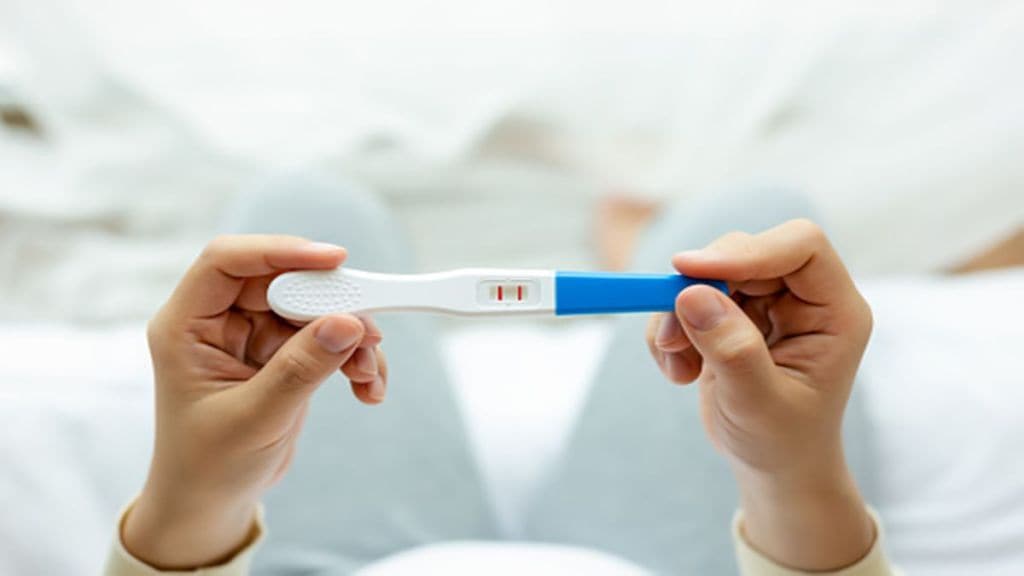Convincing pregnant women to get vaccinated has been a longstanding challenge in the US. The Covid pandemic seems to have made it worse. As we head into fall vaccination season, public health experts and health care providers need to better hone their messaging — and carefully consider the right messenger — to convince this group to roll up their sleeves.
The Centers for Disease Control and Prevention and the American College of Obstetricians and Gynecologists have long considered certain vaccines to be a vital component of maternal and prenatal care. The immune system is dampened during pregnancy, making it harder to fight off the viruses like the flu and Covid. Getting vaccinated can save lives and prevent preterm births. Meanwhile, getting a Tdap shot (tetanus, diphtheria, and pertussis) during pregnancy can grant some protection to babies against whooping cough, which can cause heartbreaking complications in newborns.
Despite the clear benefits, public health officials have always struggled to move the needle on vaccination rates during pregnancy. During the pandemic, those rates dropped to abysmal levels. And recent CDC data show that even rates of Tdap vaccination, which historically had been more accepted than flu shots, dipped during the first years of the pandemic before rebounding last year in some, but not all, groups of women.
Those declines “show the effect Covid had on vaccination rates,” says Denise Jamieson, vice president for medical affairs at ACOG. The introduction of the vaccine against the coronavirus seemed to increase distrust in vaccines overall, including during pregnancy. “You can see it pretty clearly from the Tdap data,” she adds.
Pregnant women are known to be highly risk averse; after all, everything they do affects not only their own body, but that of their unborn child. But that can manifest in two very different directions when it comes to vaccines, says Michael Power, a biologist at the Smithsonian Conservation Biology Institute. For some, risk aversion translates into an absolute commitment to getting vaccinated. For others, it means avoiding exposing their baby to anything they deem unnecessary or unnatural — including vaccines.
Turning rates around will require a deeper understanding of why people with the same goal — protecting their baby — can arrive at opposite conclusions about vaccination, and tailoring public health messages to their specific concerns.
Researchers from the University of Washington recently undertook a vast review of the literature on vaccination during pregnancy to define what influences decision-making. Several key factors emerged, including the benefits of the shot; the risk of infection; the reliability of the information they’d been given; and their relationship with their health care provider.
Pinpointing which of those anxieties sits at the top of someone’s list can then help health care providers find the right form of persuasion. For some, that could be as easy as offering more and better information. For example, one study found that people who are vaccine-averse while pregnant, but happy to adhere to CDC’s recommendations when they’re not, responded well to some simple coaching about why vaccination was safe and effective for their infant, says Power.
Another study found that mothers whose views of vaccination evolved over time were most influenced by a trusted health care provider, one who they felt really listened to their concerns.
But research also shows that when it comes to health care, “trusted messengers differ depending on who that population is,” says Kristina Adams Waldorf, an obstetrician at the University of Washington School of Medicine. For example, she and her colleagues found that women living in rural areas in the western US trust their peers more than their doctors.
Adams Waldorf and her colleagues are also are now mapping out a plan to test whether a doula rather than a doctor could be viewed as a more trustworthy source of information for Black women, who have frustratingly low rates of vaccination during pregnancy.
The importance of getting more moms on board with vaccination during pregnancy seems especially acute when considering the drop in vaccination rates among children. A recent analysis of CDC data found that 17% of toddlers in the US are falling behind on their recommended shots, while another 10% aren’t starting certain vaccine series at all. While there isn’t direct evidence of a connection between the recent declines in vaccination rates during pregnancy and during childhood, certainly the parallel dips are suggestive.
As Jamieson points out, “pregnancy is a really nice opportunity to provide health education.” Women are highly motivated to do what’s best for their baby. Health care providers should be channeling that motivation to set them on the safest course.








